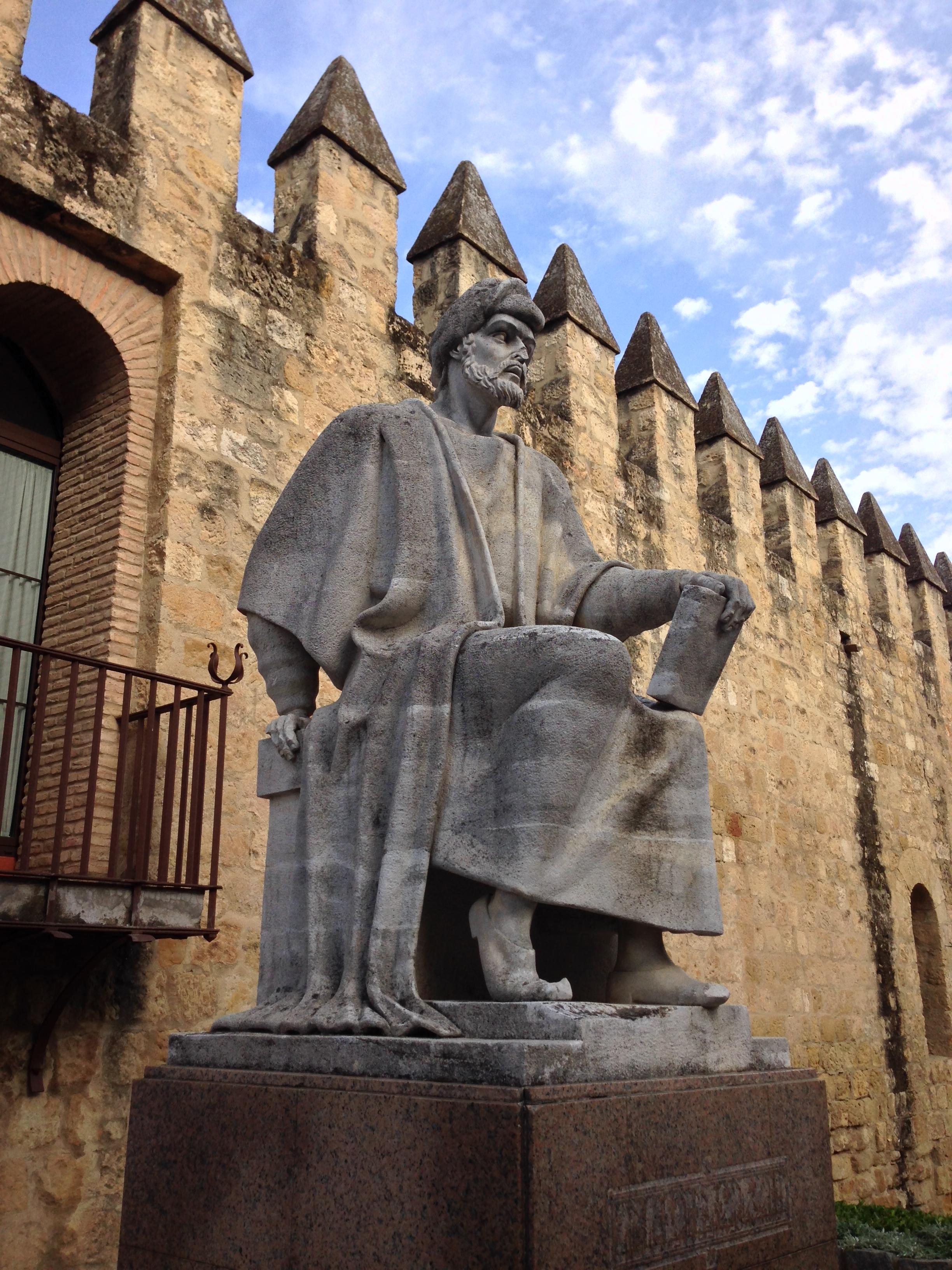Ibn Rušd známy ako Averroes , bol filozof moslimského stredovekého západu, lekár, právnik a matematik.
Žil v období Córdobského kalifátu, bol sudcom a osobným lekárom kalifa. Averroovo dielo predstavuje vrchol arabského aristotelizmu. Tak ako Aristotela v stredoveku nazývali jednoducho „Filozof“, Averroes dostal meno „Komentátor“.
Averroes rozdelil poznanie na vieru, teológiu a filozofiu. Nazdával sa, že len filozofia dospeje k čistej pravde, dodáva však, že toto poznanie nie je dostupné každému a ľudia sa zväčša musia uspokojiť s vierou, ktorá je nižším, pasívnym stupňom poznania. Na túto teóriu sa neskôr odvolávajú stúpenci učenia o dvojakej pravde , podľa ktorého existujú dva, navzájom nezávislé druhy právd, pravdy teologické a pravdy filozofické.
Bez toho, že by sa zriekol islamu, rozvíjal materialistické prvky Aristotelovej filozofie. Hmotu a pohyb považoval za večné, nestvoriteľné rovnako ako boha. Boh a hmota sú dve večné, rovnako nezávislé príčiny. Averroes dokazoval nestvoriteľnosť hmoty a Boha pokladal len za prvú príčinu zmien, ktoré sa vo svete odohrávajú.
Dušu človeka spájal s telom, pričom popieral jej nesmrteľnosť. Individuálna duša je smrteľná. Niet posmrtného života, tvrdí Ibn Rušd.
Averroes významne ovplyvnil scholastickú filozofiu. V jeho diele arabská filozofia dospieva k svojmu vrcholu a jednoznačne prijíma orientáciu na aristotelizmus.
Wikipedia
✵
14. apríl 1126 – 10. december 1198
